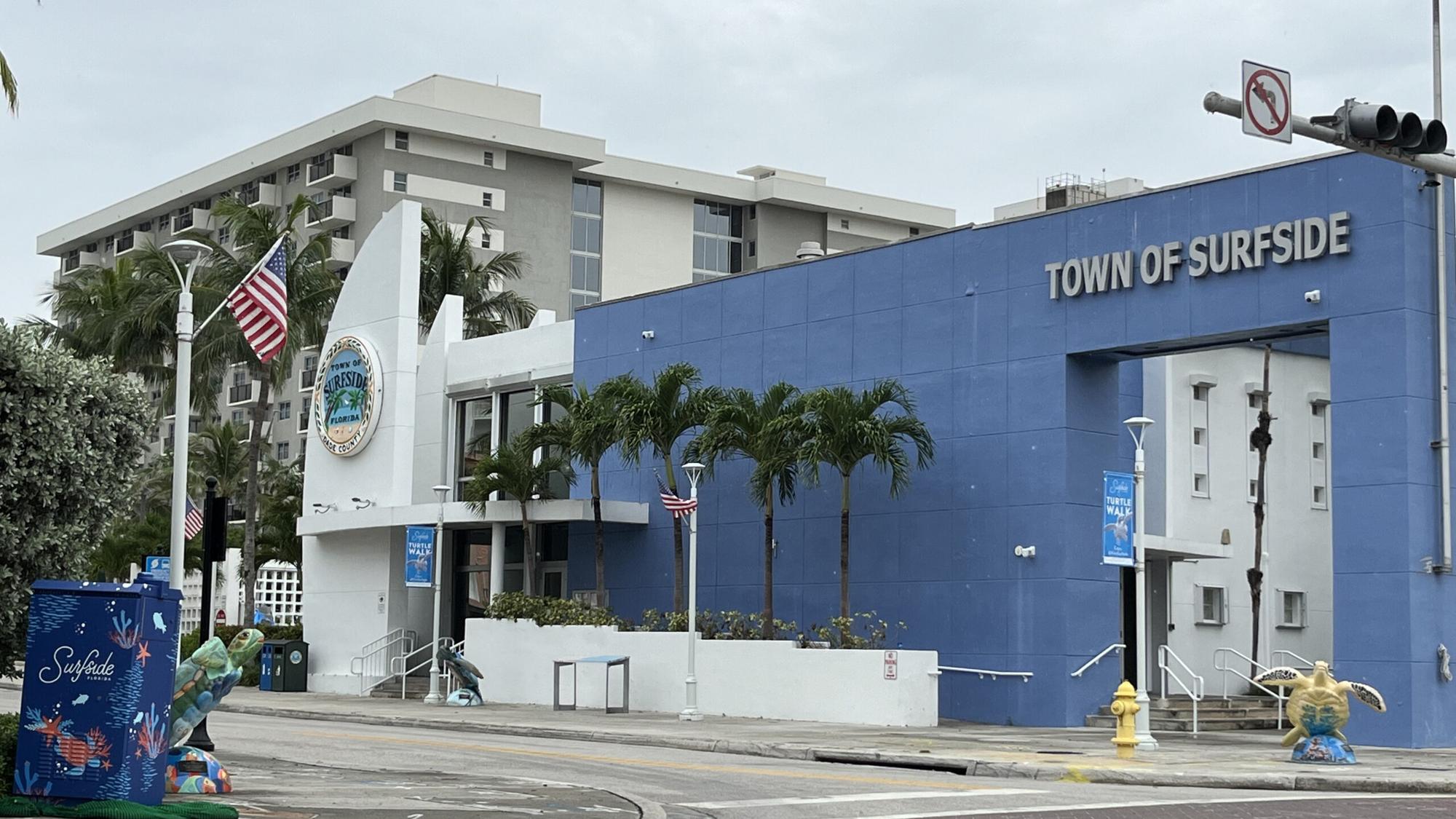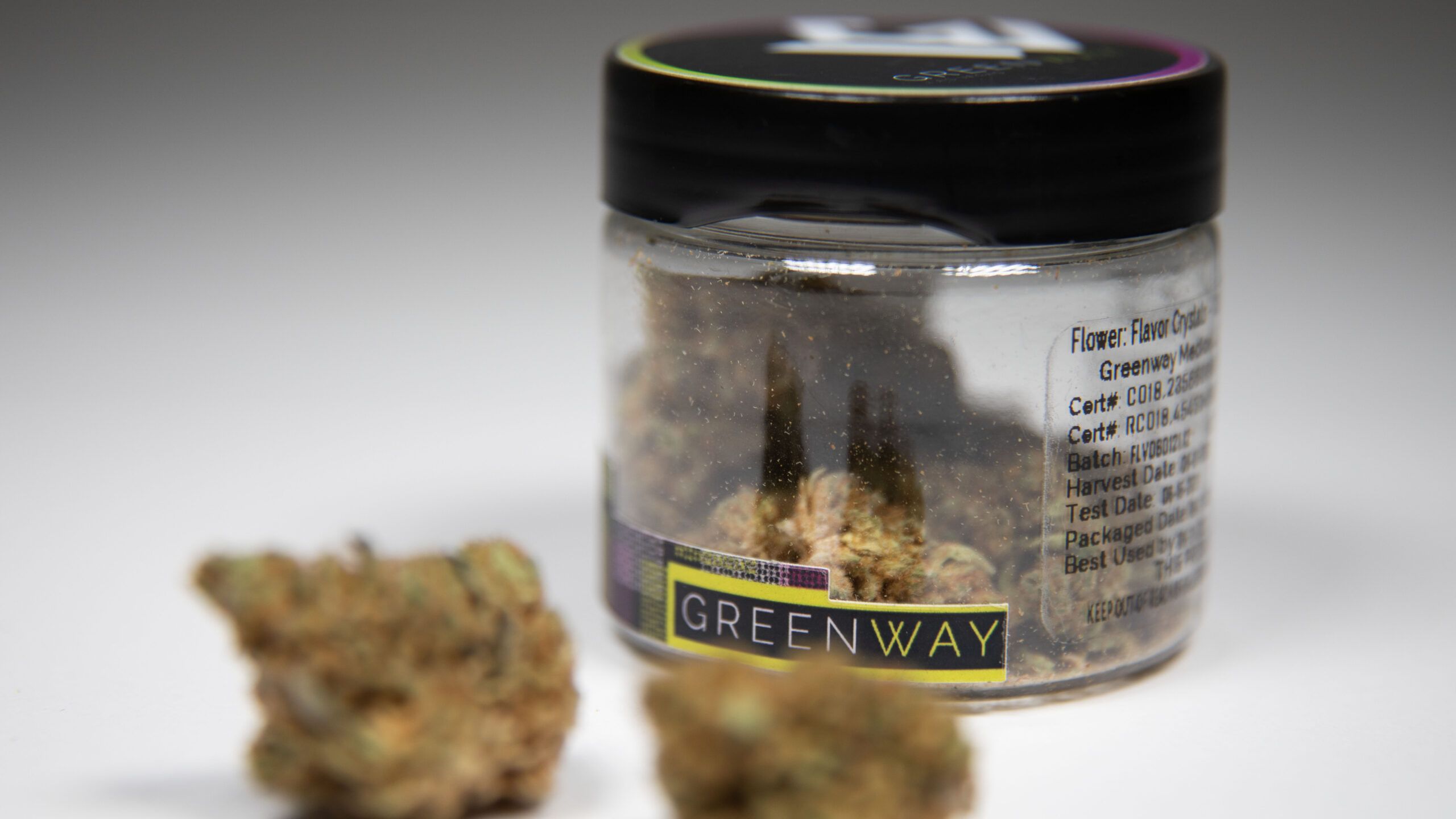-
Cannabis Across States: A Traveler’s Guide to U.S. Marijuana Laws
Read more: Cannabis Across States: A Traveler’s Guide to U.S. Marijuana LawsIn the United States, cannabis laws vary significantly from state to state, creating a patchwork of regulations that can be confusing for visitors. California, Nevada…
Recent Blog Posts
-

·
Craft Cannabis: How Beverages and Edibles Are Reshaping Consumer Demand
Read more: Craft Cannabis: How Beverages and Edibles Are Reshaping Consumer DemandThe cannabis industry is undergoing a significant transformation as consumer preferences shift…
-

Local Governments at the Helm: Shaping the Cannabis Industry’s Future
Read more: Local Governments at the Helm: Shaping the Cannabis Industry’s FutureLocal governments have emerged as pivotal players in determining the trajectory of…
-

The Important Role of Cannabis Testing Labs in Ensuring Product Quality and Safety
Read more: The Important Role of Cannabis Testing Labs in Ensuring Product Quality and SafetyThe role of testing laboratories is paramount in safeguarding product quality and…

